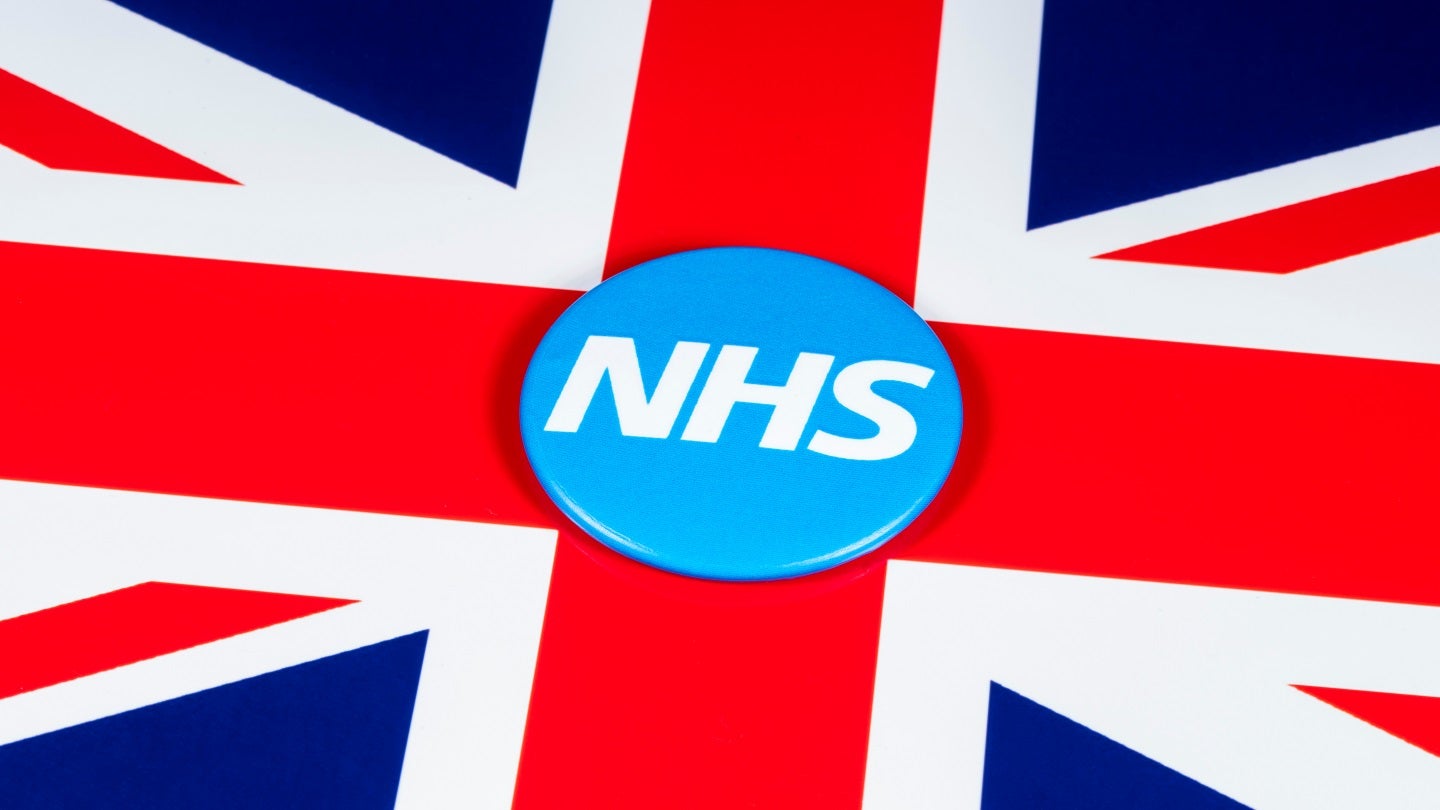
The UK Public Accounts Committee (PAC) has raised concerns over the financial sustainability of the National Health Service (NHS), citing short-term planning and inadequate financial strategies by NHS England (NHSE) and the Department of Health and Social Care (DHSC).
The committee’s report specifically outlines the lack of “fresh thinking” and “decisive action” in addressing the NHS’s financial challenges.

Access deeper industry intelligence
Experience unmatched clarity with a single platform that combines unique data, AI, and human expertise.
In addition, the report highlights the impact of political targets and daily pressures on the government’s strategic shifts towards community care, prevention, and digital healthcare.
These delays are seen as a threat to the NHS’s financial resilience.
As the government gears up to roll out its ten-year recovery plan, the PAC is raising concerns that senior health officials are hesitant to embrace the bold changes necessary.
According to the report, the long-standing goal of transitioning more care from hospitals to community settings has not progressed as intended.

US Tariffs are shifting - will you react or anticipate?
Don’t let policy changes catch you off guard. Stay proactive with real-time data and expert analysis.
By GlobalDataThe PAC recommends that NHSE allocate increasing funds to community care annually, aligning with its stated ambitions.
In terms of prevention, a reallocation of resources towards preventative measures is likely necessary to achieve the desired outcomes.
The switch to digital healthcare is also experiencing slow progress, with the report noting that many NHS trusts still rely on outdated technologies like fax machines and paper records.
PAC calls for a reduction in paper reliance within 18 months and a set deadline to eliminate fax machine use.
The PAC criticises health officials for their reluctance to prioritise these strategic shifts, agreeing with the government’s goals in principle but arguing that changes should be gradual and not compromise immediate patient care.
In a statement, PAC said: “Given the extent of these challenges, both the DHSC and NHSE seem complacent regarding the NHS’s finances.”
Additionally, the report also questions the optimistic assumptions of annual productivity gains of 2% by 2028-29, urging the government to provide local health bodies with earlier financial certainty, and points out counterproductive incentives around vaccination funding that may disadvantage more deprived areas.
UK’s Chartered Institute of Public Finance and Accountancy (CIPFA) has welcomed this PAC report.
CIPFA Policy Manager Health and Integration Dr Eleanor Roy noted:“Gaining a clear picture across the NHS would not only improve decision-making regarding preventative spend but also help to identify where cross-agency collaboration could have the greatest impact.”






